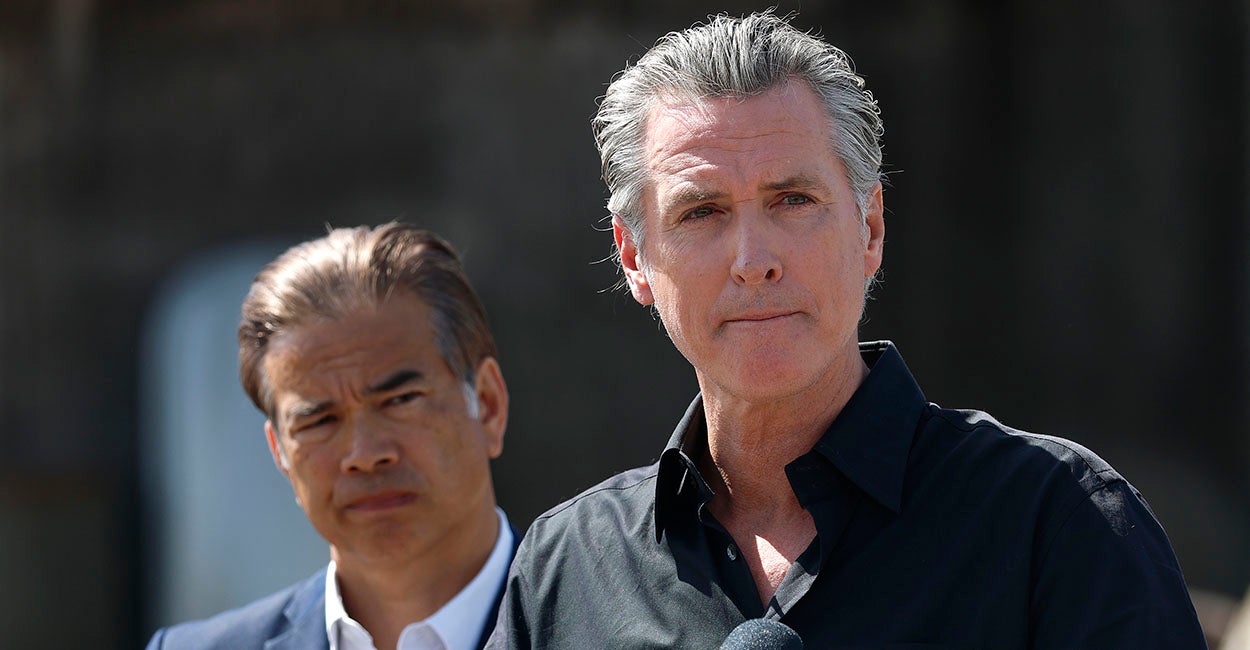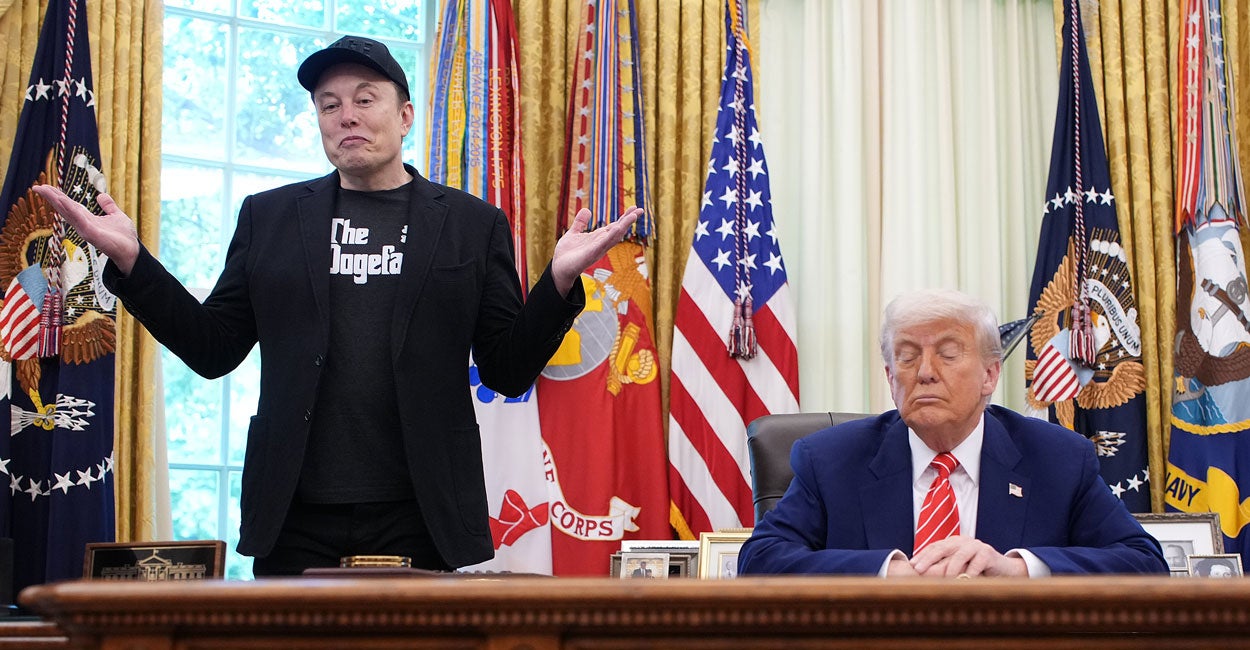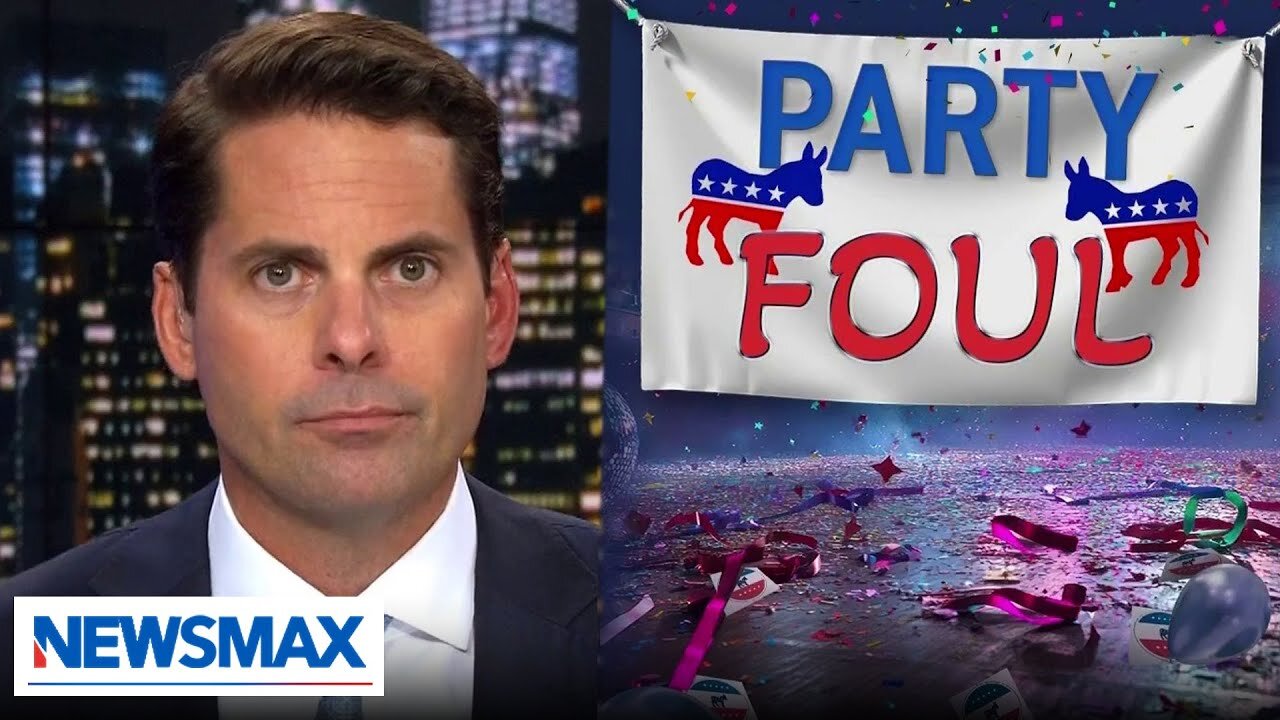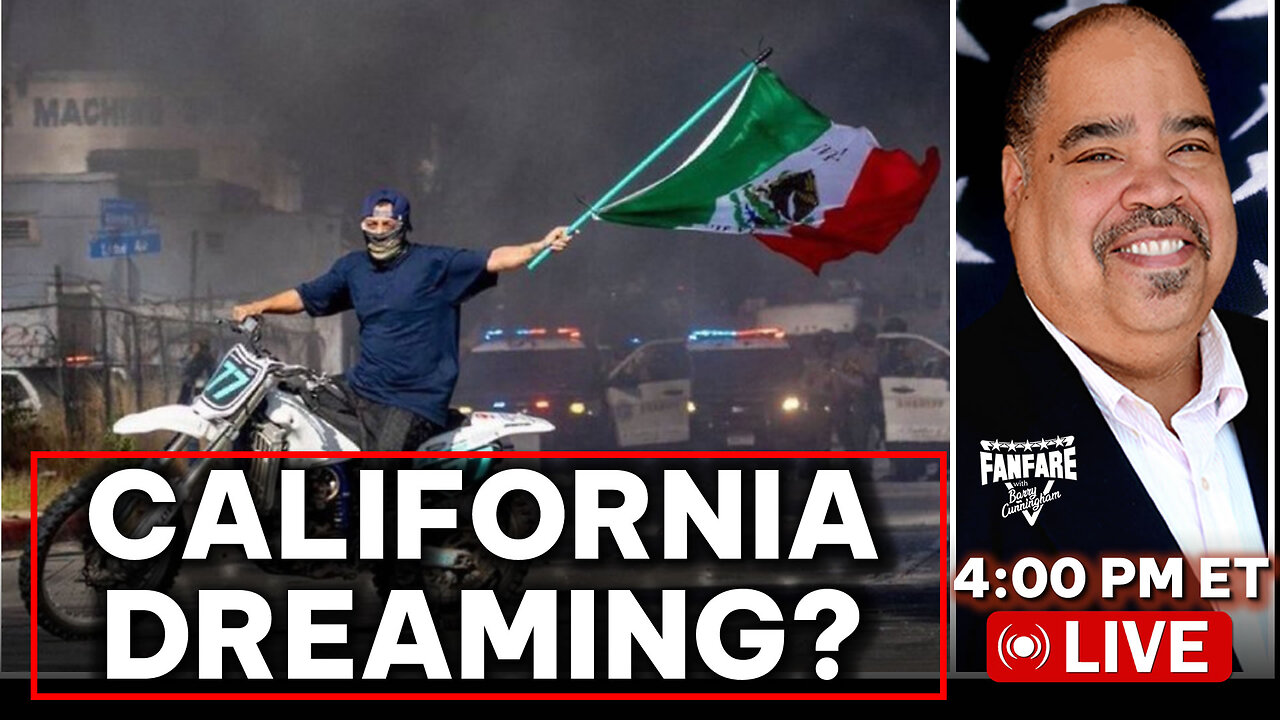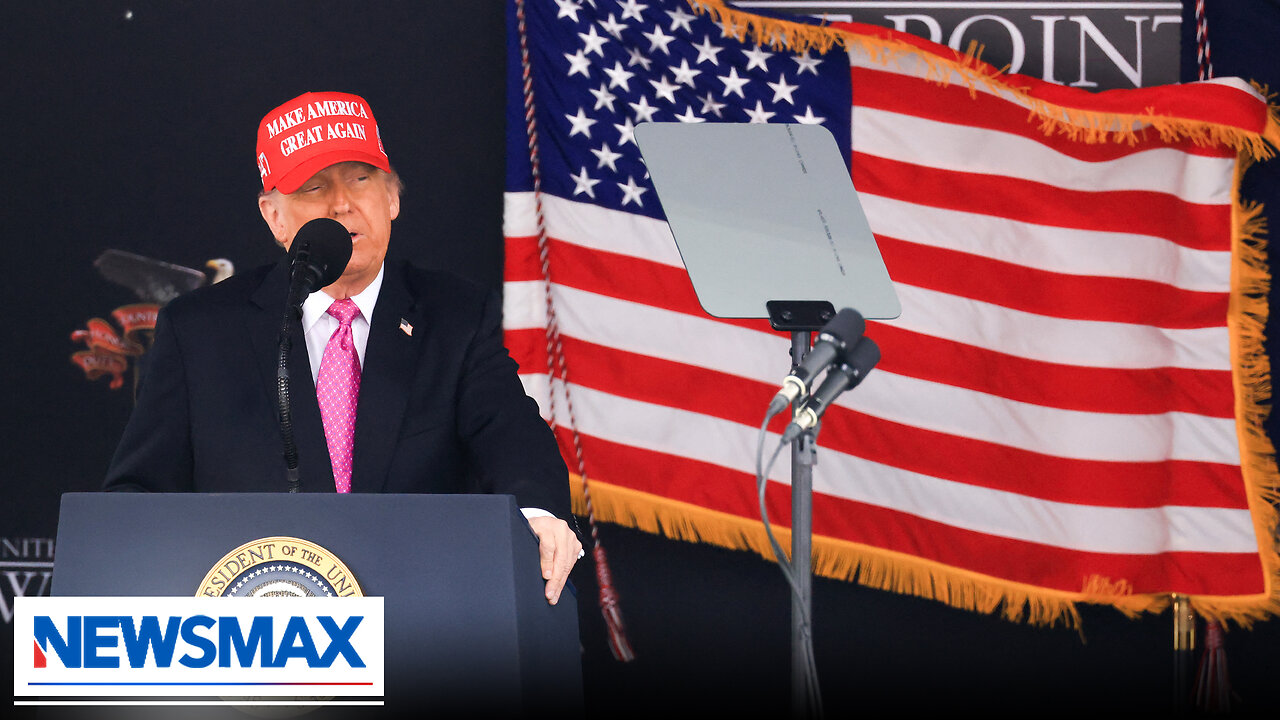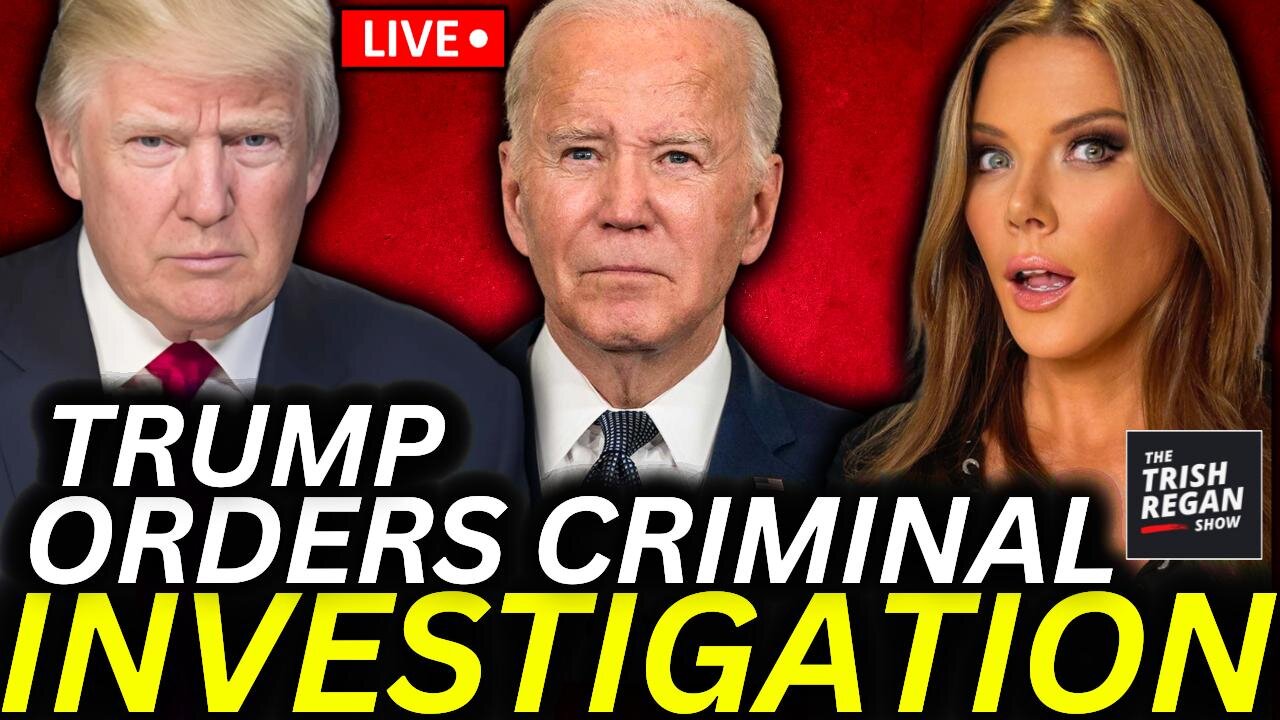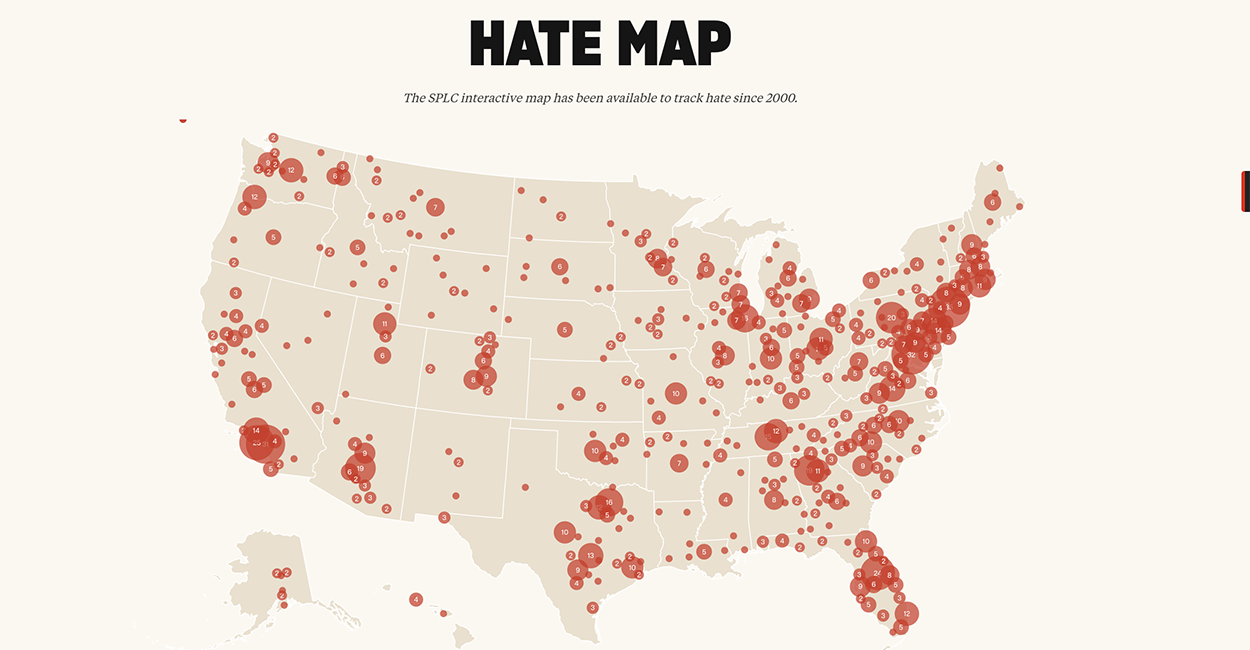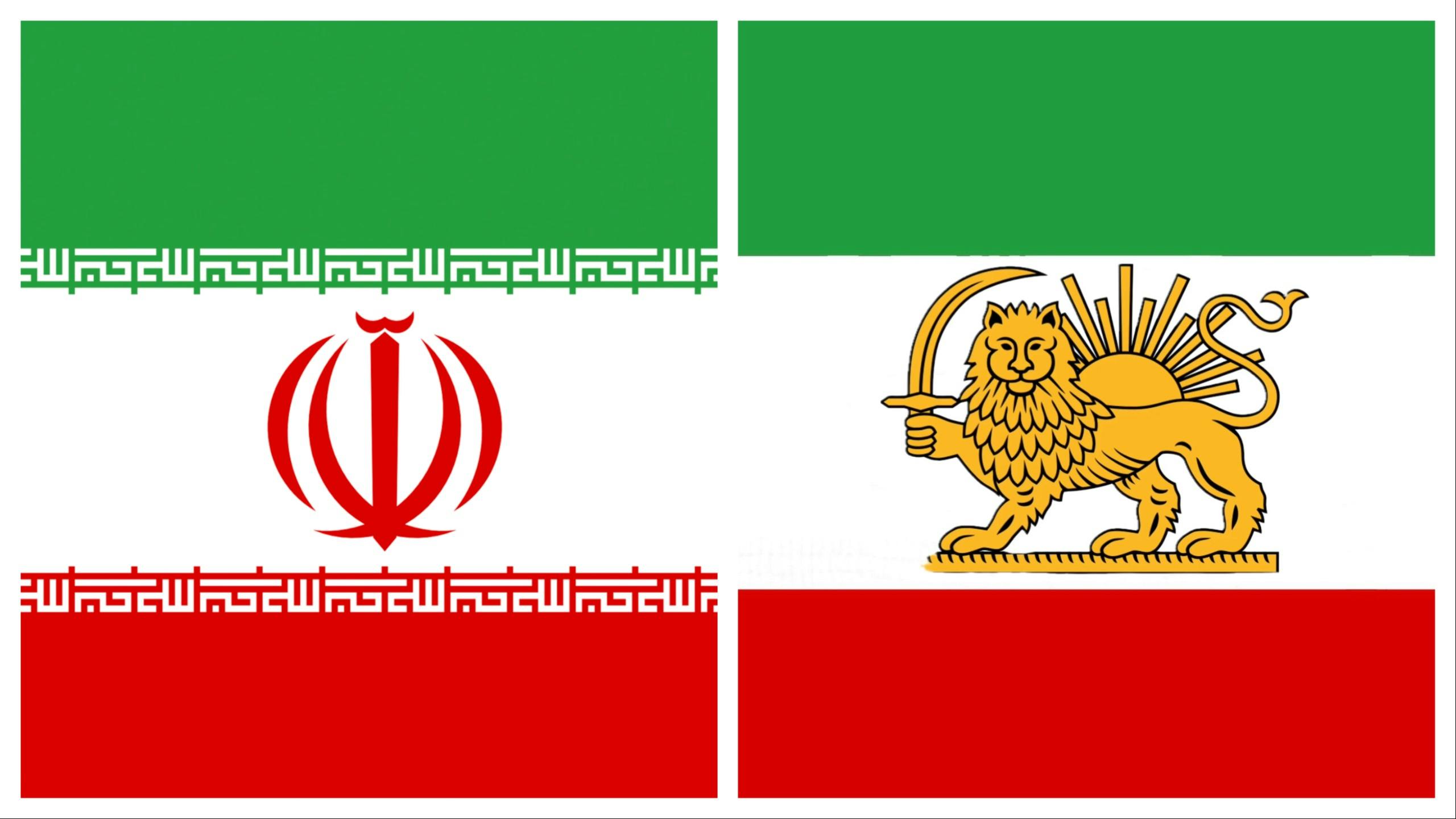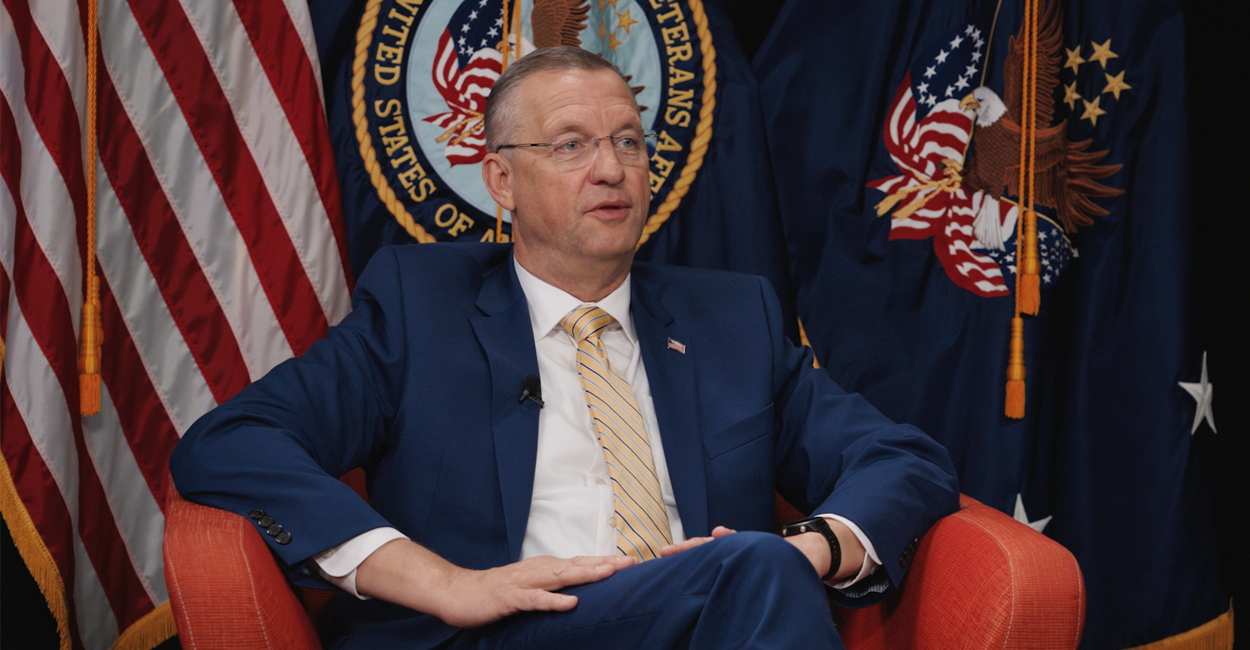Blaze News Investigates: Congress poised to give new life to 'worst offender in US government censorship'
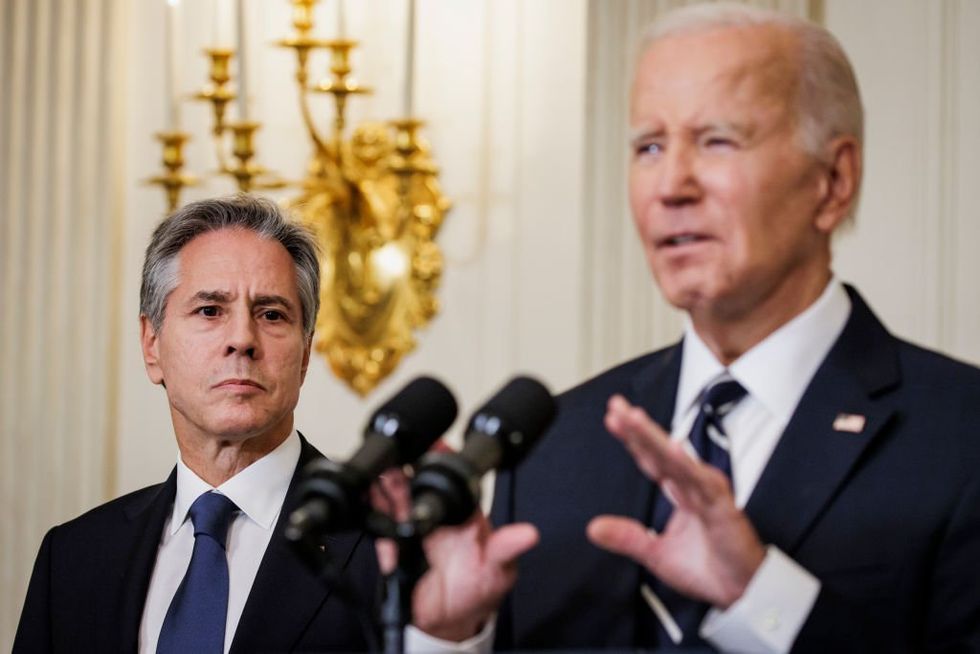

The Global Engagement Center is a multi-agency entity housed within the U.S. State Department that grew out of a purported effort to identify and counter propaganda produced abroad that threatened the interests of the United States. The GEC has since mutated into an outfit apparently keen also to help identify and counter constitutionally protected speech produced domestically that threatens the interests of the Washington establishment.
The GEC — dubbed the "worst offender in U.S. government censorship & media manipulation" by Elon Musk in the wake of the Twitter Files and found to be internally dysfunctional in a 2022 State Department Office of Inspector General report — was slated for extinction; however, congressional cheerleaders in both parties might get their way and an extension of the agency's mandate beyond 2024.
Blaze News has reviewed the GEC's questionable history as well multiple accusations raised against it concerning the agency's backing of organizations that have a reputation for suppressing Americans' speech online. It is clear that at the very least, the agency Congress is poised to keep alive with its short-term funding bill succumbed to mission creep and developed ties with organizations with censorial reflexes antipathetic to outspoken conservatives.
Closing up shop
The State Department filed a notice on Dec. 9 informing the U.S. District Court for the Eastern District of Texas, Tyler Division, that the GEC is slated for termination on Dec. 23, 2024, which will likely impact Daily Wire v. U.S. Department of State — a lawsuit filed December 2023 by Texas, the Daily Wire, and the Federalist in hopes of halting "one of the most egregious government operations to censor the American press in the history of the nation."
"GEC's statutory authority contains a sunset provision by which, absent further action from Congress, it will terminate two weeks from today — on Dec. 23, 2024," said the notice. "Congress has not extended the termination of the GEC thus far, and it is Defendants' understanding that reauthorization is unlikely to occur."
There was no mention of an extension for the agency in a recent draft of the 2025 National Defense Authorization Act; however, Democratic Sen. Christopher Murphy (Conn.) has pushed an amendment, co-sponsored by Republican Sen. John Cornyn (Texas), to get the GEC extended through 2034.
Murphy told the Washington Post last week, "I'm pursuing every avenue to ensure the GEC authorization does not expire and their critical work can continue."
'One less way for unelected bureaucrats to violate Americans' First Amendment rights.'
Cornyn's office did not respond to Blaze News' request for comment by deadline.
A State Department spokesman said in a statement to Blaze News that while disappointed that the recently released NDAA text did not initially include mention of a multiyear extension of the GEC, "the Department remains hopeful that Congress extends this important mandate through other means before the ... termination date."
"The bottom line is we need to ensure that the capability to identify and counter foreign disinformation overseas is maintained," continued the spokesman. "As our adversaries continue to ramp up their efforts globally, it's counterintuitive — and dangerous — to weaken or, worse yet, dismantle the United States' leadership in this critical mission."
Matt Taibbi, the investigative reporter who helped expose some of the GEC's more controversial initiatives and tactics in the Twitter Files, told Blaze News, "The GEC was turned into a key actor in the narrative-control bureaucracy, and I was pleasantly surprised to hear rumors that it might shutter."
"It seemed possible, especially since the State Department has no domestic mandate and a lot of what it did involved domestic speech; its role in the Election Integrity Partnership a good example," continued Taibbi. "But political parties rarely give up power voluntarily, and the GEC is a powerful actor. I hope Republicans don't give in to the temptation to create their own version."
The House Committee on Small Business, which detailed some of the GEC's more questionable initiatives earlier this year, called the agency's potential extinction "a win for free speech and Main Street America!"
"The shuttering of the State Department's Global Engagement Center means there is one less way for unelected bureaucrats to violate Americans' First Amendment rights," added the committee.
Life support
Facing a Friday deadline to avoid a government shutdown and to keep federal agencies flush with cash, congressional lawmakers revealed their Frankenstein monster of a stopgap spending bill Tuesday evening. It appears that lawmakers managed to weasel in an extension for the GEC.
A copy of the bill obtained by Reclaim the Net shows that the legislation would amend Section 1287(j) of the 2017 NDAA by striking "on the date that is 8 years after the date of the enactment of this Act" and inserting "on the date that is 9 years after the date of the enactment of this Act." In other words, the GEC would survive the year.
There was a palpable sense of betrayal among conservatives who apparently expected lawmakers to understand that the GEC's track record was disqualifying in the way of an extension and additional funding.
Matthew Peterson, editor in chief of Blaze News, which was among the publications targeted by a GEC-backed censorship outfit, stated, "Oh, hell no. Unconscionable."
"Bad," said Rep. Chip Roy (R-Texas).
"This CR funds the censorship of conservative speech for the entire first year of the Trump administration. Unacceptable!" tweeted Rep. Jim Banks (R-Ind.).
Normalcy advocate Robby Starbuck noted, "This is inexcusable. No Republican should vote for this bill as it's currently written. If you're thinking of voting for it, answer this: Aside from you getting home for Christmas on time, why would you vote for it? Our side just won the election, stop letting Dems run you over."
Sean Davis, CEO of the Federalist — an organization that sued the GEC over alleged censorship — stated, "In their abominable omnibus, Republicans are set to fund the illegal government censorship cartel that is attempting to shut down and destroy conservative news outlets like @FDRLST and @realDailyWire. This is unforgivable insanity. What on earth is going on?"
Inception
President Barack Obama issued an executive order in September 2011 establishing a new Center for Strategic Counterterrorism Communications within the State Department with the goal of "using communication tools to reduce radicalization by terrorists and extremist violence and terrorism that threaten the interests and national security of the United States."
Months ahead of the 2016 election, Obama issued another EO, this time changing the name of the agency to the "Global Engagement Center" and expanding its mission, tasking it not only with coordinating with "a range of communications-related actors and entities" at home and abroad to counter potentially radicalizing content but also to advance favorable "alternative narratives and to diminish the influence of such international terrorist organizations and other violent extremists abroad."
'It's an incubator for the domestic disinformation complex.'
Growth
The GEC, overseen by a steering committee of deep state officials, was codified into law in the 2017 National Defense Authorization Act with the objective to "lead, synchronize, and coordinate efforts of the Federal Government to recognize, understand, expose, and counter foreign state and non-state propaganda and disinformation efforts aimed at undermining United States national security interests."
Whereas before the GEC was focused on countering violent extremism, the NDAA expanded the agency's focus to also look at undesirable content generated by state actors like China and Russia.
A special report by the U.S. Advisory Commission on Public Diplomacy noted that the NDAA also provided the agency with the capacity to "leverage expertise from outside the federal government to create more adaptive and responsive U.S. strategy options. This included grant-making authorities as well as the establishment of a fund to build a decentralized network of private sector actors and allow the integration of capabilities and expertise available outside the U.S. government into the strategy-making process."
While the wording of the GEC's strategic framework still suggested an outward focus whereby the GEC would work with a "global network of partners" to counter foreign propaganda and so-called disinformation, it appears that the agency may have directly and indirectly assigned some energy — at the height of the Russian collusion narrative — to counter-information efforts at home.
"It's an incubator for the domestic disinformation complex," a former intelligence source previously told Taibbi. "All the s*** we pulled in other countries since the Cold War, some morons decided to bring home."
'Its execution entails risks of potential censorship and other restrictions on freedom of speech.'
In 2018, then-Under Secretary of State for Public Diplomacy and Public Affairs Steve Goldstein reportedly made the GEC a top priority and helped finalize the funding for the GEC's broadened mandate, signing a memorandum of agreement on Feb. 23, 2018, that managed the transfer of taxpayer funds from the Pentagon to the GEC for supposed counter-propaganda initiatives.
Among these initiatives was a fund to support eligible efforts by "civil society groups, media content providers, nongovernmental organizations, federally funded research and development centers, private companies, and academic institutions."
The GEC was juiced up once again under the 2019 NDAA, which amended its purpose to "direct, lead, synchronize, integrate, and coordinate efforts of the Federal Government to recognize, understand, expose, and counter foreign state and foreign non-state propaganda and disinformation efforts aimed at undermining or influencing the policies, security, or stability of the United States and United States allies and partner nations."
The Small Business Committee indicated in a September report that around the time the GEC ditched its "whole-of-government" approach and embraced "whole-of-society" support, "its methodologies changed from using social media platforms to create and spread counterpropaganda materials, to directing public opinion by trying to get social media platforms to suppress content."
Mutation
The leviathan resulting from these expansionary efforts has since been credibly accused of being complicit in efforts to censor Americans — efforts the State Department previously told Blaze News the agency has not undertaken.
Republican Reps. Michael McCaul (Texas) and Darrell Issa (Calif.) penned a letter to Secretary of State Antony Blinken in July noting that while the role assigned to the GEC is important, "its execution entails risks of potential censorship and other restrictions on freedom of speech. For that reason, we had hoped the GEC could carry out its responsibilities while unimpeachably observing the First Amendment, which gives Americans the right to receive foreign propaganda."
The lawmakers' concerns were informed by multiple congressional investigations into the GEC as well as by the allegations raised in two GEC-related federal lawsuits: Missouri v. Biden, where it initially appeared as a defendant, and Daily Wire, LLC v. U.S. Department of State.
Missouri — the case that became known as Murthy v. Missouri before the U.S. Supreme Court and, while unsuccessful, paved the way for other government censorship-focused legal actions — helped shine a spotlight on the routine meetings GEC officials had with social media platforms such as then-Twitter, Facebook, and Google.
The plaintiffs alleged early on that the GEC "has worked directly with the [Cybersecurity and Infrastructure Security Agency] and FBI to procure the censorship of specific content on social media" and suggested that when "addressing disinformation," the agency may have also censored and suppressed protected private speech.
Taibbi suggested in the Twitter Files that when flagging "foreign" disinformation for Twitter to review, the GEC apparently did so haphazardly. In one instance, it rolled up numerous accounts "for reasons that include using Signal to communicate and tweeting the hashtag #IraniansDebateWithBiden."
In another instance, the GEC allegedly flagged thousands of social media accounts it suspected of being Chinese actors engaged in "state-backed coordinated manipulation." Among the flagged accounts were those belonging to at least three CNN employees working abroad along with numerous Western government accounts.
Extra to apparently engaging in friendly fire online, the agency reportedly also had a "general engagement" with Stanford University's narrative curation outfit, the Stanford Internet Observatory, the so-called Election Integrity Partnership, and the Virality Project.
Blaze News previously reported that the SIO took the lead on the censorious EIP, created in July 2020 to tackle perceived wrongthink on the right in the lead-up to the presidential election, and subsequently launched the Virality Project, an initiative to tackle "the dynamics specific to the COVID-19 crisis."
A November 2023 House report from the Committee on the Judiciary noted that the GEC submitted tickets to the EIP, flagging content to social media platforms that included the protected speech of American citizens.
The plaintiffs in Daily Wire accused the State Department of actively intervening in the news media market through the GEC "to render disfavored press outlets unprofitable by funding the infrastructure, development, and marketing and promotion of censorship technology and private censorship enterprises to covertly suppress speech of a segment of the American press."
The complaint noted that while much was still unknown about the GEC's alleged censorship scheme, it had at a minimum backed two American censorship enterprises: the Disinformation Index Inc., the American component of the British think tank Global Disinformation Index, and NewsGuard Technologies.
Both entities generated blacklists of supposedly risky or misleading news outfits with the aim of getting them demonetized and directing funds to news organizations that parrot approved narratives.
The GDI's fall 2022 report, for instance, labeled NPR, the Washington Post, HuffPost, and a number of other liberal news outfits as the "least risky sites." Meanwhile, Blaze News, Reason, the Federalist, the Daily Wire, the New York Post, and other conservative publications made the top-10 list of "riskiest sites" and were smeared as having the "greatest level of disinformation risk."
Gabe Kaminsky of the Washington Examiner, a publication that also appeared on the GDI blacklist, reported last year that the State Department-funded group would compile a "dynamic exclusion list," then provide that list to corporate entities, such as the advertising company Xandr. Xandr and other recipients subsequently declined to place ads on websites flagged by the GDI.
Clare Melford, the CEO of the GDI, boasted in 2022 that the exclusion list "had a significant impact on the advertising revenue that has gone to those sites."
'It weaponized itself to serve a partisan progressive political interest.'
The GDI, which received $100,000 from the GEC between October 2021 and March 2022, did not respond to Blaze News' request for comment.
Besides backing the GDI and NewsGuard — a New York-based self-described "Internet Trust Tool" — the lawsuit highlighted other problematic initiatives, alleging, for instance, that the GEC funded a private entity called Park Capital Investment Group LLC to launch and maintain the open-source platform Disinformation Cloud, supposedly a "repository to catalog an ever-growing list of CPD [Countering Propaganda and Disinformation] tools and technologies" to counter perceived adversarial propaganda.
The State Department's OIG confirmed in a September 2022 report that the GEC "funded and supported the Disinformation Cloud website." The Disinformation Cloud also happened to fund the GDI.
These powerful tools were allegedly made available and marketed by the GEC at arm's length to would-be censors of the American free press.
The House Committee on Small Business hammered on this theme in its September report, noting that the GEC "circumvented its strict international mandate by funding, developing, then promoting tech start-ups and other small business in the disinformation detection space to private sector entities with domestic censorship abilities."
The Daily Wire lawsuit, which raised some of the evidence produced in Missouri v. Biden, stressed that while the GEC's governing statute prohibited it from using funds for purposes other than for countering foreign propaganda, "many of GEC's activities and initiatives targeted speech spoken in America among Americans."
For these and other reasons, there was some jubilation over the premature suggestion that the GEC was headed for the bureaucracy graveyard.
"The GEC didn't just fundamentally fail in its mission to correct the record on behalf of America’s interest around the world," Rep. Issa told the Washington Post last week. "Even worse, it weaponized itself to serve a partisan progressive political interest, targeted the free speech rights of the American people, and contracted out the censorship of mainstream conservative media. Good riddance. It will not be missed."
Issa has long hoped for this outcome. In October, he told Blaze News,
There truly is a censorship industrial complex at home and abroad, and our opposition to it must be no less comprehensive. Congress can’t look away from this continuing scandal that grows worse with every revelation. We need to be committed and creative if we’re going to win the fight for free speech, and a future without the GEC is a step in that right direction.
While Issa and other critics prematurely celebrated the news of the GEC's likely demise, Sen. Rand Paul (R-Ky.) made clear on Dec. 13 that the agency's controversies won't soon be forgotten or forgiven, particularly not by the incoming Senate majority.
Paul noted in a letter to Blinken that the U.S. Senate Committee on Homeland Security and Governmental Affairs is "investigating whether Global Engagement Center funding and activities violated the First Amendment" and requests that State Department employees preserve all documents and information pertaining to the agency.
Blaze News reached out to Paul's office for comment but did not receive a response by deadline.
Like Blaze News? Bypass the censors, sign up for our newsletters, and get stories like this direct to your inbox. Sign up here!
Originally Published at Daily Wire, Daily Signal, or The Blaze
What's Your Reaction?
 Like
0
Like
0
 Dislike
0
Dislike
0
 Love
0
Love
0
 Funny
0
Funny
0
 Angry
0
Angry
0
 Sad
0
Sad
0
 Wow
0
Wow
0

